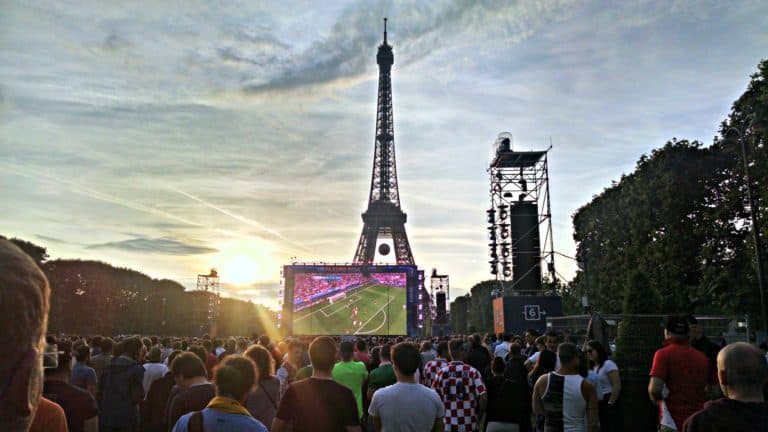Like many Americans, I often like the “idea of soccer” more than actually watching soccer.1 But this year’s Euro Cup has made me about as excited as an Icelandic commentator:
So, what’s so exciting, and why should you check out the semifinals today and tomorrow and the finals on Sunday?
1. The Euro Cup highlights many of the most pressing issues in the European Union today.
The semifinals include one nation (Wales) that just voted to leave the EU, one country (Portugal) facing possible sanctions because of excessive deficits, and two of the European economic and political powers (Germany and France) that will hold critical elections next year.2 One also cannot help but notice the presence of many first- and second-generation immigrants starring for their national teams at a time when immigration is being debated across the EU.
2. It has been a chance for the underdog to shine.
The biggest story from the tournament has been the shocking success of Iceland. While they just lost to France in the quarterfinals, the fact that they made it that far, including a victory over England, created some of the most eye-popping fan statistics ever: 10% of the entire country went to France to watch the tournament! 99.8% of the television audience in Iceland was tuned in to the Iceland-England match! And, while some of the biggest European soccer powers are the last ones standing, little Wales3 will try to slay the goliaths.

Euro Cup “Fan Zone” in Paris, photo by author
3. Sports fans are hilarious.
The fact that the Brexit referendum happened during the same week as England’s soccer humiliation uncovered some of the most hilarious — but cruel! — corners of the Twitterverse:
Only England could manage to exit Europe twice in one week..
— Football Funnys (@FootballFunnys) June 27, 2016
I for one expect the English football team to thrive outside the regulatory constraints of this tournament. #ENGICE
— Greg Ó Ceallaigh (@gregoceallaigh) June 27, 2016
4. At a time of huge political divisions, the tournament unites an entire continent.
Even if the humor — or humour — is not always the most charitable, and even if the brawl that broke out between Russian and English fans shows the darker sides of soccer fandom, millions across the continent are unified by their love for soccer. And it has produced some beautiful scenes, as Martin Rogers writes:
After the hooliganism idiocy of the opening week, heart-warming scenes have emerged. Like Irish fans singing lullabies to babies on trains, or Hungarians sharing food with their Portuguese “rivals”. Or an Albanian who emigrated to Switzerland wearing a sewn-together shirt comprised of both nations’ colors and shaking hands with fans of each country.
Perhaps soccer is not enough to heal all of Europe’s divisions, but it can be a sign of hope. The EU could use all it can get.